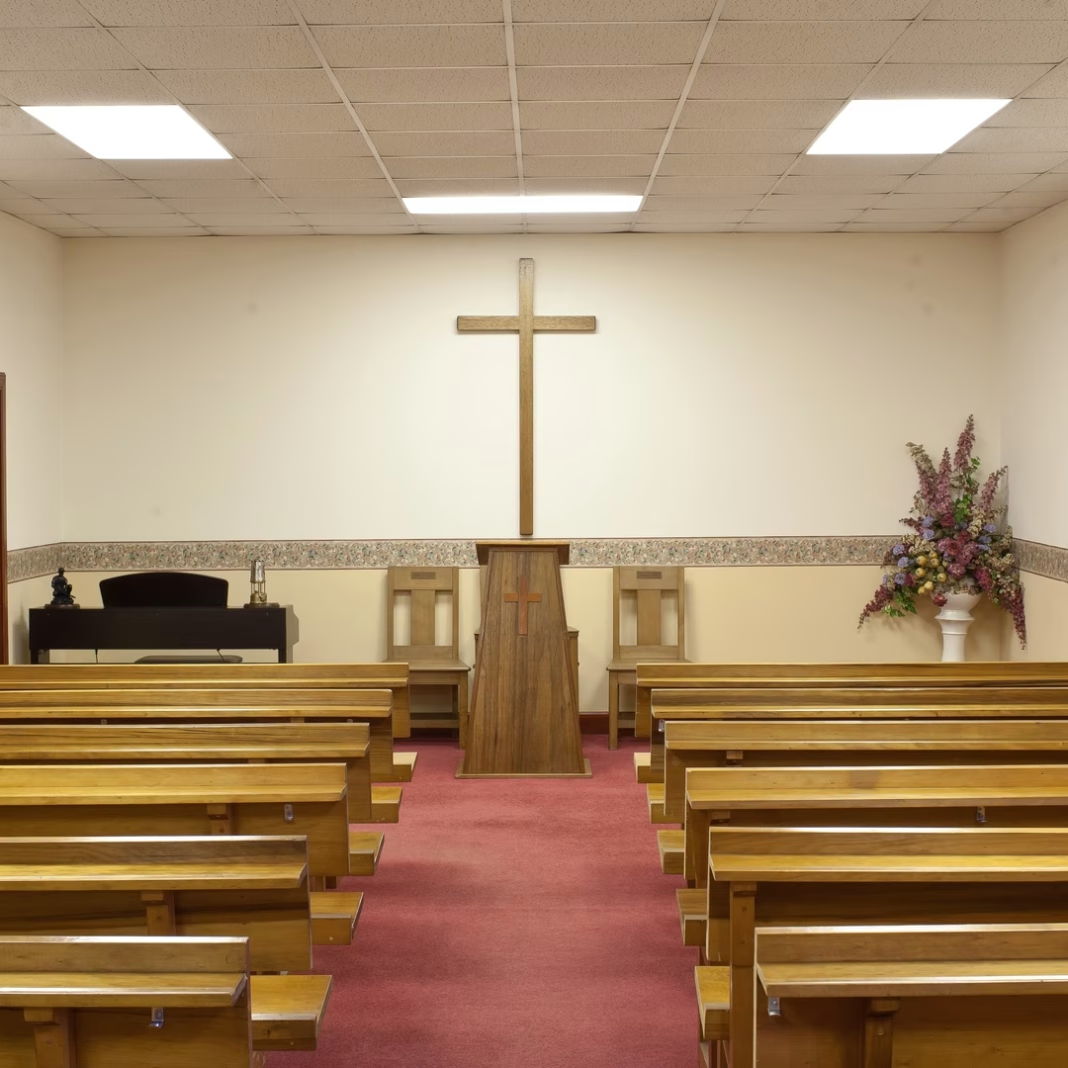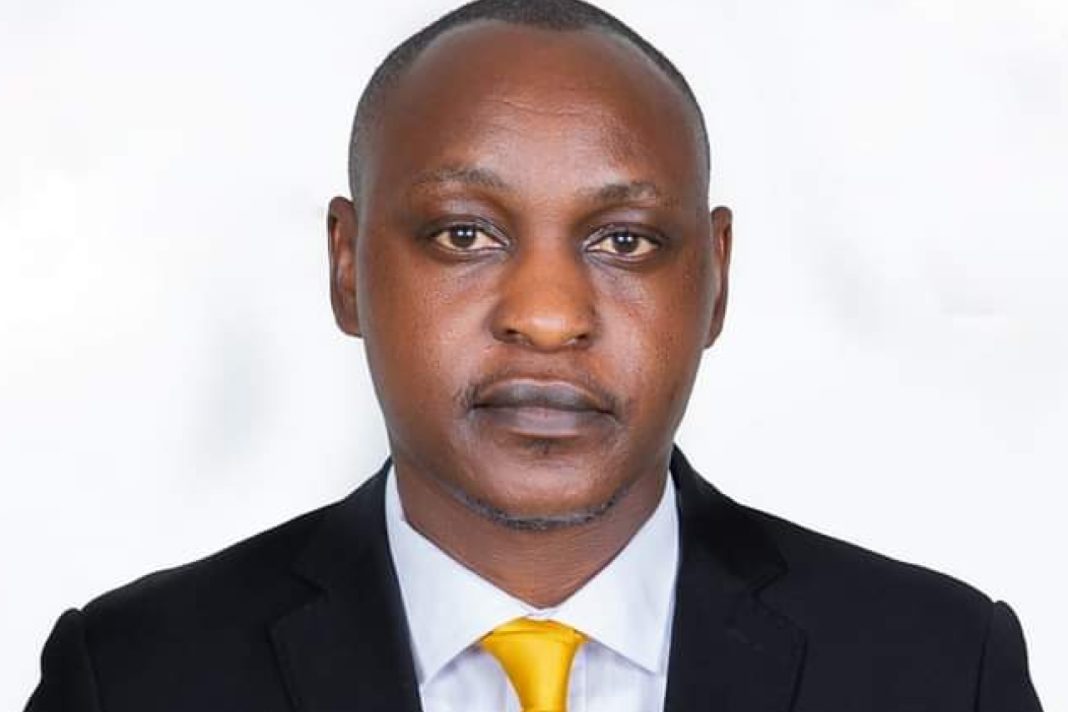By Dr.Edris N.Omondi
Sometimes last year, the Association of Pentecostal Vocational Training Institute of Kenya (APVOTIK) engaged me, as a second eye, to legally help them draft a self-regulating law, an alternative Bill to the Religious Organization Bill No 44 of 2024, that was withdrawn from parliament due to inadequate consultative processes.
Within the religious practices are the element of trainings. These trainings are not necessarily conventional in nature to attract government competency to regulate their training curriculum but are sacred in nature.
Imagine a government official, let’s call him the Government Inspector, who’s tasked with regulating religious institutions in a small town. One day, he walks into the “Miracle Worker Ministry” where people are claiming to heal the sick, raise the dead (well, they’re working on it), and perform other extraordinary feats, all in the name of faith.
The Government Inspector, determined to bring order to this chaotic scene, starts questioning the leader of the ministry, Pastor Okello. He says, “I see here you’re offering a “Certificate in Miracle Performance.” But, uh, where’s the curriculum? Where are the standardized tests? You can’t just go around giving certificates for ‘miracle-working’ without some form of accreditation!”
Pastor Okello, unfazed, raises his hands dramatically and replies, “Government Inspector, the miracles aren’t for your regulation—they’re a gift! The only accreditation here is divine!”
The Government Inspector, baffled but determined to maintain control, presses on: “But how can we be sure that these ‘miracles’ are authentic? We need evidence. Proof. Maybe some written exams, perhaps? Or a board of examiners to observe the ‘miracle’ process?”
Pastor Okello chuckles, “Well, Mr. Inspector, miracles don’t work well with exams. You can’t put ‘turning water into wine’ on a multiple-choice test. It’s not exactly in the syllabus!”
At this point, one of the “miracle” candidates in the background suddenly shouts, “I’ve been healed!” He runs up to the Government Inspector and throws a handful of paperwork at him. “I’m healed from bureaucracy! No more paperwork for me!”
The scene ends with the Inspector scratching his head, realizing that regulating faith-based miracles is like trying to force a square peg into a round hole. He walks away, muttering, “Maybe I should stick to regulating parking lots instead.”
I have intentionally painted a dramatic illustration of what actually happens within our Pentecostal circles.
Let me explain-Governments are competent in regulating formal education systems, where standardized knowledge, such as academic subjects and professional training, is imparted. These formal systems are structured to meet specific criteria- within a pedagogical lifetime of an individual, examine through nursery schooling to higher learning environment, ensuring that degrees, certificates, and qualifications adhere to established standards as set by the Government formal learning examining bodies.
However, governments face limitations when it comes to informal education, particularly in faith-based or religious settings. These types of education are not confined to the rigid structures of conventional academic curricula, and the government’s intervention in regulating them can be seen as a victimization paradox.
For example, as painted through the pastor Okello illustration above, spiritual gifts like the gift of miracles or speaking in tongues are often emphasized as part of personal and communal faith. Such spiritual practices, while integral to the religious experience, fall outside the scope of traditional academic systems. The Commission for University Education (CUE) in many countries is tasked with overseeing formal education programs at colleges and universities. CUE is not equipped to regulate religious teachings, especially in areas that involve spirituality, miracles, and other non-academic phenomena. When the government attempts to classify or dismiss these experiences as “fake” because they fall outside the recognized academic framework, it undermines the lived realities and practices of these communities. It is my believe, I might be wrong-that conversely, such sacrosanct trainings thrive in the unseen world and phenomenon, the kind that exorcises demons and expose witchcraft and black magics in the society. This kind of knowledge cannot be harbored under CUE.
This issue extends beyond Pentecostal communities. Similar dynamics are observed in other faith-based setups, including Islam, Hinduism, and traditional African religions. Religious institutions often provide theological education that shapes the beliefs and practices of their followers. However, the education imparted in these settings is distinct from secular education and cannot, and should not, be subjected to the same regulatory standards. Theological training is inherently personal, deeply rooted in belief systems, and varies widely across cultures and religions. Government control or intervention in these matters can be viewed as an imposition on the freedom of religion and belief, an aspect of fundamental human rights.
The Need for Self-Regulation in Faith-Based Institutions
Rather than exerting control or imposing punitive measures on religious education, governments should encourage faith-based institutions to regulate themselves. Faith communities, such as Pentecostal churches, Islamic organizations, and Hindu councils, should be empowered to establish their own standards for religious education and training. This self-regulation would allow these institutions to maintain their autonomy while also ensuring that their teachings align with their core beliefs and traditions.
Organizations like APVOTIK or equivalent bodies for Islamic and Hindu organizations could play a pivotal role in these self-regulations. These umbrella organizations are already familiar with the nuances of their faiths and can create frameworks that guide religious education within their communities. For instance, an Islamic council can set its own criteria for the training of imams and graduating successful candidates out of the madrasa, while a Hindu or Buddhist organization might establish guidelines for those pursuing spiritual leadership. By allowing these bodies to regulate their education systems, the government can maintain a neutral stance while respecting the autonomy of faith-based institutions.
Such an approach ensures that the government does not become an intrusive force in matters of religion but instead plays a supportive role in ensuring that education is both relevant and non-harmful. This would also foster a sense of responsibility within faith communities to uphold the integrity of their teachings and to prevent exploitation, such as unqualified individuals assuming religious authority.
International Approaches to the Dilemma
This issue is not unique to any one country but is a global dilemma. Several nations, particularly those with diverse religious populations, have already adopted consultative approaches to balancing the regulation of formal education and the freedom of religious expression. For example:
1. India: I did study my Law in India, and always mesmerized by its democracy and approach to religious matters. The Indian government recognizes the distinct nature of religious education and allows various religious communities to regulate their own theological schools. Religious groups such as the Roman Catholic Church, the Hindu community, and Islamic organizations have their own regulatory bodies that set educational standards, ensuring their education systems are consistent with their faith’s tenets while not imposing on the secular education system.
2. United States: In the U.S., the separation of church and state is enshrined in the Constitution, which means that religious institutions, including schools and seminaries, are free to teach according to their beliefs without interference from the government. However, accreditation for religious institutions that wish to issue degrees may come from independent, non-governmental bodies that ensure educational quality without infringing upon religious freedom.
3. United Kingdom: In the UK, religious education in schools is managed under the framework of agreed syllabuses, but religious communities retain the right to impart faith-based teachings through religious schools. For higher education, institutions like theological seminaries operate independently, with their own accreditation mechanisms that align with religious practices.
These examples show that governments do not need to exert direct control over religious education. Instead, they can adopt policies that recognize the autonomy of faith-based institutions while encouraging self-regulation and accountability. Governments should consult with religious leaders and faith-based organizations to understand how religious education works within their contexts and support the development of standards that align with both spiritual beliefs and educational objectives.
The Separation of Sacred and Secular Education
A critical point in this discussion is the need for a clear distinction between sacred and secular education. Sacred education, which pertains to the teachings of faith and spirituality, operates on different principles than secular education, which is based on universal knowledge and academic inquiry. The government should recognize this fundamental difference and ensure that sacred education is not conflated with formal, secular education.
Attempts to regulate or control religious education through secular frameworks not only create tension but also undermine the diversity of belief systems that contribute to the rich tapestry of human cultures. Religious institutions must be allowed to operate according to their own internal logic, free from unnecessary interference or punitive measures. Theological education should remain separate from secular standards, not because it is less important, but because it operates in a different domain entirely.
Conclusion
In conclusion, the government’s role in regulating education should be confined to formal, secular learning environments. Faith-based institutions must be allowed to regulate their own theological education systems, empowering them to develop curricula and standards that align with their beliefs and practices. Governments should adopt a consultative approach, respecting the autonomy of religious organizations while providing support where necessary. Sacred education, distinct from secular education, should not be subjected to the same regulatory processes, as doing so would infringe on the rights of individuals and communities to practice and propagate their faith freely. Encouraging self-regulation within faith-based institutions is the most effective way to ensure that religious education remains relevant, authentic, and protected from unnecessary governmental intervention.
The writer is an Advocate




